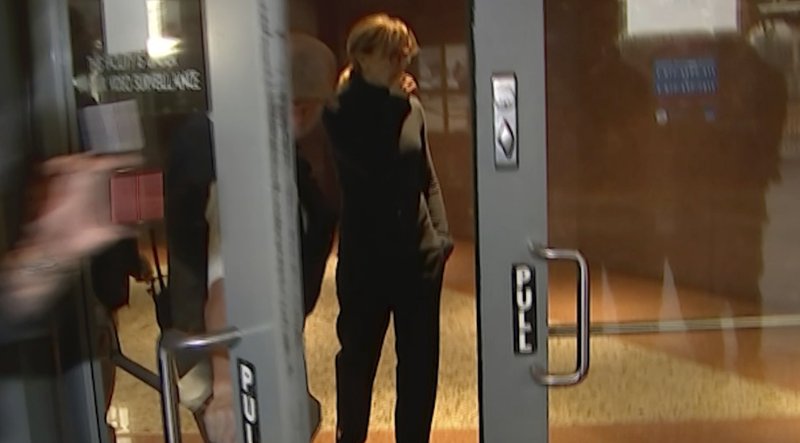SAN FRANCISCO -- In the first lawsuit to come out of the college bribery scandal, several students are suing Yale, Georgetown, Stanford and other schools involved in the case, saying they and others were denied a fair shot at admission.
The plaintiffs filed the class-action complaint Wednesday in federal court in San Francisco on behalf of themselves and other applicants and asked for unspecified damages.
They argued that applicants who played by the rules were victimized when rich and famous parents paid bribes that enabled unqualified students to get into highly selective universities.
"Each of the universities took the students' admission application fees while failing to take adequate steps to ensure that their admissions process was fair and free of fraud, bribery, cheating and dishonesty," the lawsuit said.
Legal experts, though, said the students could have difficulty holding the colleges responsible.
The scandal broke out Tuesday when federal prosecutors announced charges against 50 people, including coaches and dozens of parents, among them TV actresses Felicity Huffman and Lori Loughlin. Prosecutors said parents paid to rig standardized exams and bribed coaches to get their children designated as recruited athletes in sports they didn't even play, thereby boosting their chances of getting in.
The colleges have cast themselves as victims and have moved to distance themselves from the coaches, firing or suspending them.
The investigation began with a tip from an executive under suspicion in a securities fraud probe, according to a law enforcement official who was not authorized to discuss the case and spoke on condition of anonymity.
The executive told Boston authorities that the women's soccer coach at Yale offered to label the executive's daughter a recruited athlete in exchange for cash, the official said.
The class-action complaint was filed initially by Erica Olsen and Kalea Woods, now students at Stanford. It was revised Thursday to remove Olsen and add three new plaintiffs, students at Tulane, Rutgers and an unnamed community college.
One of the institutions being sued, the University of Texas at Austin, issued a statement saying that it is "outraged" over the bribery scheme and that any wrongdoing at the school does not reflect its admissions practices and was carried out by "one UT employee."
Other schools named in the lawsuit were the University of Southern California, the University of California at Los Angeles, Wake Forest University and the University of San Diego.
Separately, the mastermind of the admissions scandal set up a charity that wove a deep web of deception and fraud to mask the bribes and payoffs, funneling millions of dollars through the tax-exempt organization under the nose of U.S. officials, according to prosecutors and tax documents.
William "Rick" Singer registered Key Worldwide Foundation as a charity in 2013, gaining accredited 501(c)3 status with the federal government. Its tax filings reported revenue that doubled each year, from $451,600 in its first year to $3.7 million in 2016.
Singer, painted by prosecutors as the ringleader of the biggest school admissions scandal ever prosecuted by federal authorities, is accused of funneling money from wealthy parents through his foundation, then using it to bribe coaches and others to get their children into elite universities.
Prosecutors said he also accepted so-called donations from clients to help their kids get a coveted enrollment spot through cheating. The scheme allowed the parents to claim tax deductions for themselves.
Singer pleaded guilty to fraud and conspiracy charges in federal court Tuesday in Boston.
The Internal Revenue Service has been investigating the criminal case jointly with the FBI, said Amy Hosney, special agent with the IRS' criminal investigation division, who called it a "very troubling scenario."
"With the alleged payments from the parents through the foundation as 'donations' and coming out on the other side as bribes, we're certainly looking at the transactions," Hosney said.
Information for this article was contributed by Alanna Durkin Richer and Sally Ho of The Associated Press.
A Section on 03/15/2019
